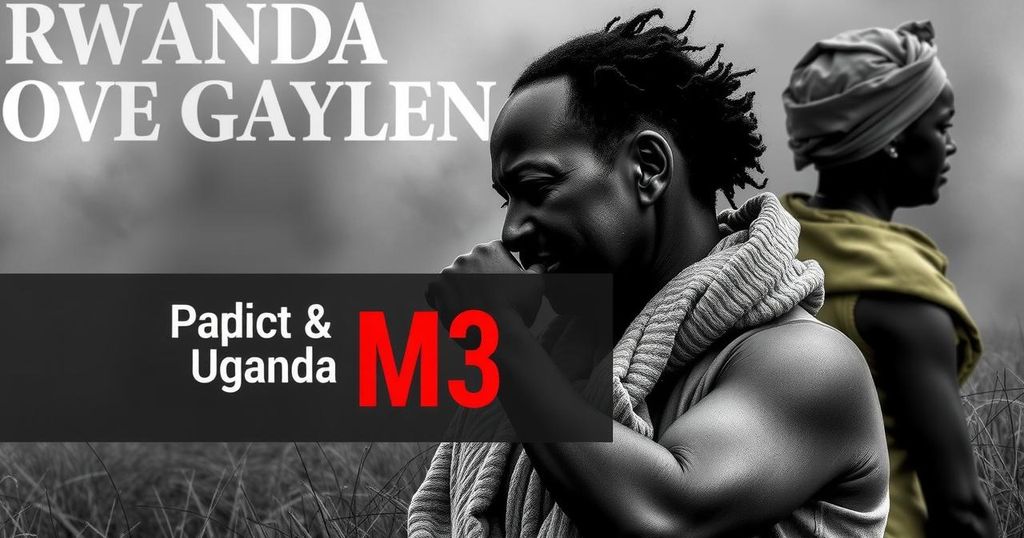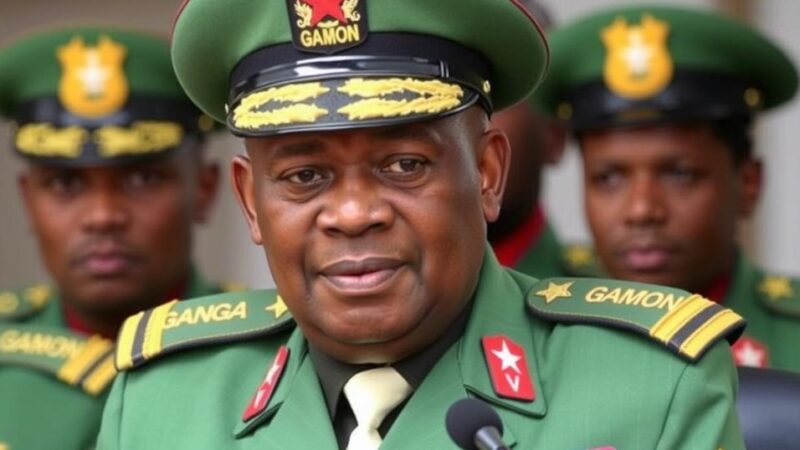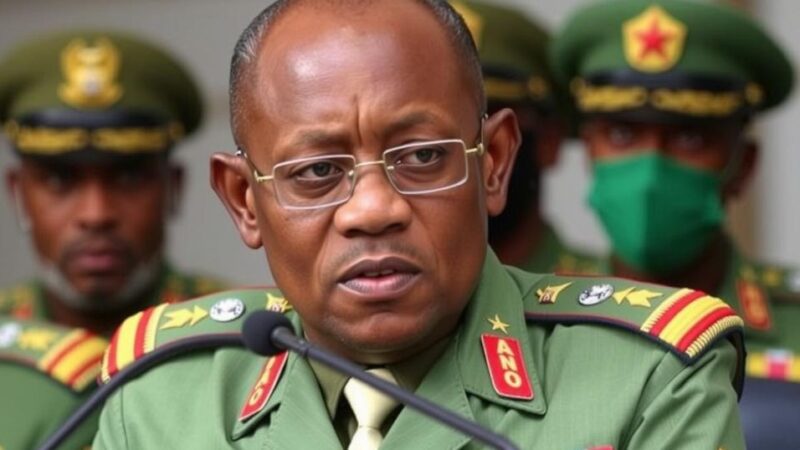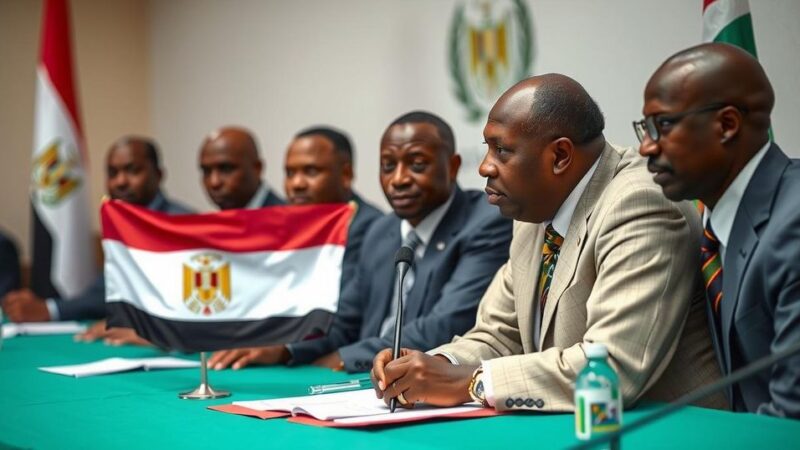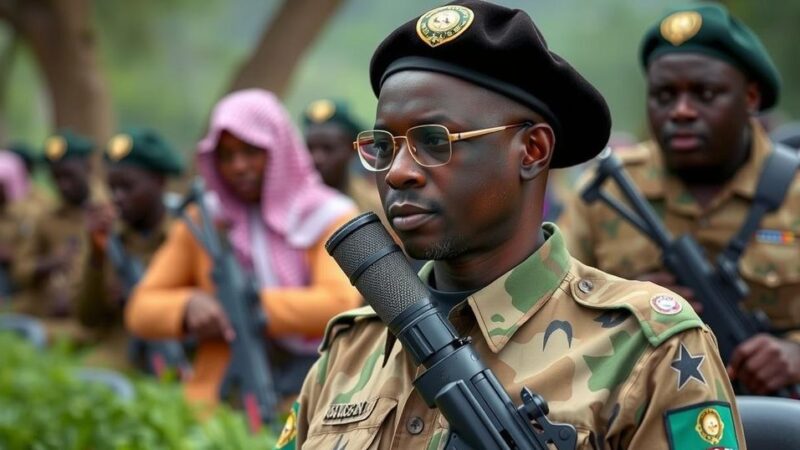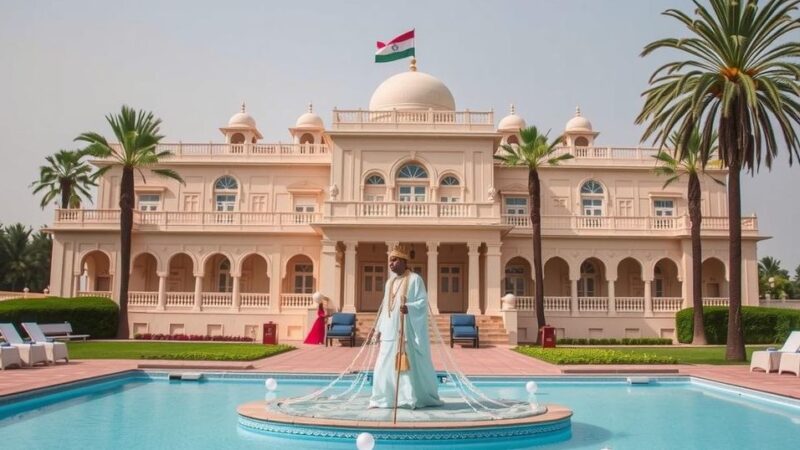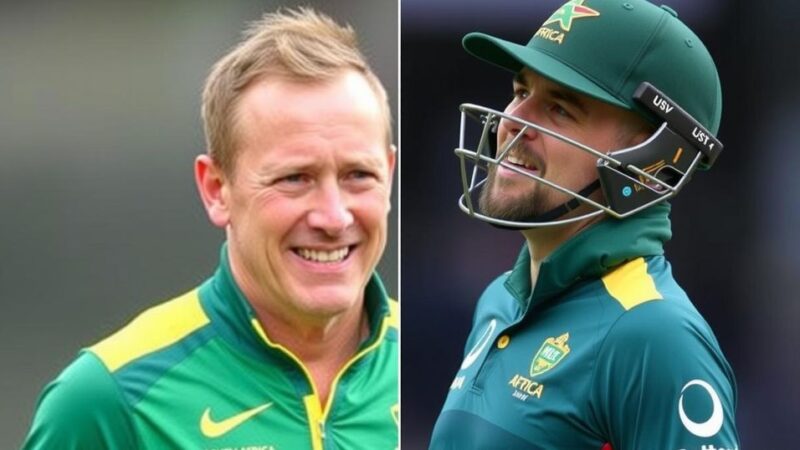Rwandan President Paul Kagame denies UN allegations of military support for the M23 rebel group in the DRC, asserting that its main fighters are Ugandan. He argues that the conflict has deeper historical links and ethnic dimensions, including the long-standing persecution of Rwandophones in Congo. Kagame contends that blame is often shifted away from the DRC’s governance issues to scapegoat Rwanda, while calling attention to the unresolved presence of the FDLR militia.
Rwandan President Paul Kagame has staunchly denied accusations from a United Nations Group of Experts report, which alleges that Rwanda provides military support to the M23 rebel group in the eastern Democratic Republic of Congo (DRC). During a press briefing, Kagame asserted that the core fighters of the M23 group primarily hail from Uganda, arguing that it is misleading to label the ensuing conflict as a Rwandan issue. He recounted the history of M23 fighters, many of whom were refugees in Uganda after their group disbanded in 2012-2013, and emphasized that Rwanda had facilitated their disarmament and return to the DRC government.
The backdrop of this ongoing conflict is rooted in long-standing tensions between various armed groups in eastern DRC, particularly regarding the M23 rebel faction, which has been involved in numerous violent confrontations since its emergence. The UN report that prompted Kagame’s remarks claims that Rwandan Defense Forces collaborate with M23, leveraging advanced military capabilities to secure a stronger territorial position. Additionally, the ethnic dimensions of the conflict complicate the narrative, as Rwandophone communities have faced consistent persecution in Congo.
In conclusion, President Kagame’s rebuttal to the UN’s criticisms underscores a complex interplay of historical, ethnic, and political factors surrounding the M23 conflict. He argues that the origins of the M23 fighters lie in Uganda and insists that Rwanda is unjustly portrayed as the instigator. The broader implications indicate a crucial need for the international community to focus on the root causes of the conflict rather than assigning blame to external actors.
Original Source: chimpreports.com

